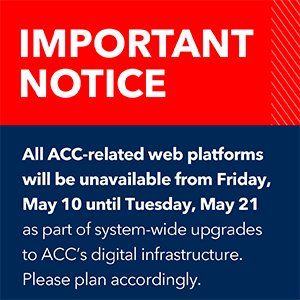Community Health Advocate Training Could Help Achieve CV Health Equity
A tailored program developed by the Association of Black Cardiologists (ABC) for community health advocate training (CHAT) holds promise for other professional societies and health care systems seeking to improve health equity in underserved communities, according to new research published in JACC.
The ABC CHAT program, which was conducted in collaboration with the National Heart, Lung, and Blood institute (NHLBI), saw measurable gains in two communities in Jackson, MS, and New Orleans, LA, respectively. The program aimed to train at least 35 community health advocates and equip them to lead monthly community health education sessions. Additionally cohorts were encouraged to organize at least two annual community outreach activities.
Overall, a total of 36 participants were recruited to the program with a 100% completion rate. Following the training, both cohorts demonstrated improvements in cardiovascular health knowledge, with a mean 9.6% score increase. All told, the New Orleans cohort trained more than 60 community members and conducted 16 community outreach activities between February 2021 and November 2022. In Jackson, the cohort partnered with 13 regional churches, led 10 monthly education sessions, and hosted 16 outreach activities.
With Hispanic and Non-Hispanic Black Americans having overall worse cardiovascular health and higher cardiovascular disease mortality rates than Non-Hispanic White Americans, Courtney Bess, MD, MS, et al., write that “prioritizing health equity within the contemporary, cardiovascular care delivery model is crucial.” They note that programs like ABC-CHAT, which are focused on defining community engagement and creating a sustainable medical professional society-community partnership, could be a game-changer if emulated and adopted by medical professional societies and health care organizations.
Similar programs could: “1) increase community awareness about cardiovascular disease and associated risk factors; 2) equip community health leaders with knowledge and skills to educate community members about [cardiovascular] lifestyle changes within their sociocultural contexts; and 3) serve as liaisons between the community, medical professional societies and health care systems,” they write.
Clinical Topics: Cardiovascular Care Team
Keywords: Cardiovascular Diseases, Public Health, Community Health Workers, Health Equity, Risk Factors
< Back to Listings
